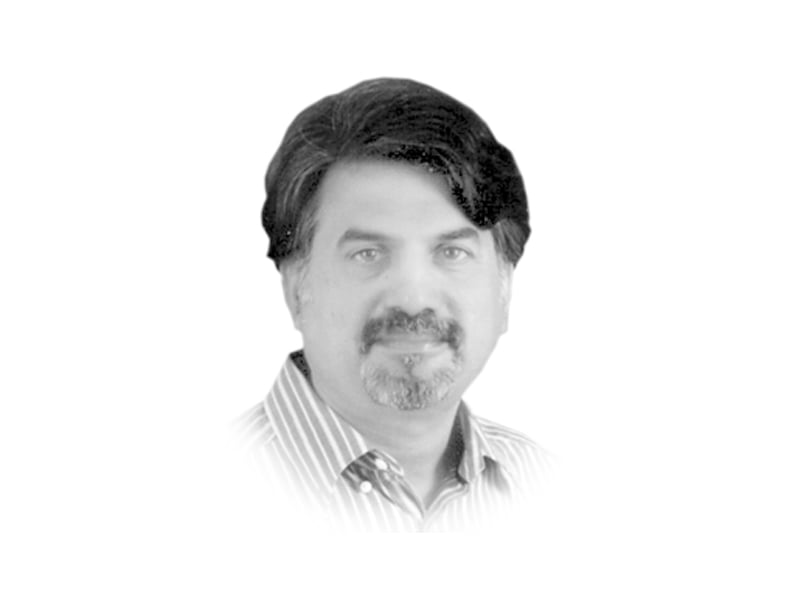
In my article titled “The changeover of command”(December 2, 2013), I wrote, “General Kayani will eventually be remembered as a COAS for his soft image and his cautious and watchful approach … more for ‘avoiding risks’ in war rather than practicing neutrality and non-interference in politics for which he is being rightly credited.” Apparently, General (retd) Ashfaq Parvez Kayani, in his prolonged tenure of six years as army chief, could not favourably promote and sell the ‘military’s ability to win the war on terror’ to the politicians. Quoted to have predicted a success of 40 per cent for the military operation by the PTI leader (General Kayani later denied having ever said this), the general, it seems, was finding it difficult to persuade the politicians to believe in the ability of their military to do the job for them. Why else would a party like the PTI, which was opposed to the launching of any military operation throughout the tenure of General (retd) Pervez Musharraf and General (retd) Kayani, today, support the launching of a military operation? The credit for changing the ‘political mindset’ must go to the current leadership of the army.
Fortunately for this country, the new man on the horseback means business. Unlike his predecessors, he does not believe in lying low and practising the art of ‘strategic patience’. This ‘strategic patience’ was most unlikable when 15 Frontier Corps soldiers were handcuffed, blindfolded, lined up and shot at point-blank range in January 2012. It is the military commander’s resolve that has convinced the political leadership to slow down the dialogue process. It is his confidence and conviction that reflects in the willingness of the political leadership to now support the current military venture.
The civilian government will now have to rely on the military to restore peace through an operation. That is a political choice that General Raheel Sharif’s boss seems to have already made. We know that the army has long been prepared to execute the military component of the North Waziristan operation. It is the civilian component of the operation that may need our immediate attention. Ideally, the government must start setting up camps for internally displaced persons (IDP) of North Waziristan. People must get the clear feeling that a deliberate effort and a clear distinction is being made between the local residents and militants. The armed offensive, henceforth, may also be referred to as a ‘humanitarian offensive’ to liberate the people of North Waziristan from the clutches of the militants. This decisive battle that we are ready to fight now may also be termed the world’s biggest ‘hostage-rescue mission’. If 700,000 people reside in North Waziristan, then the IDP camps that we set up must be so located and planned that the locals should willingly move into them, believing that the government will take care of them. The politicians will also do well to visit these camps on a frequent basis. They will be far better off doing that than appearing in talk shows on television. The entire nation will have to respond and extend support to the IDPs. It is only if we stand together as one nation that we will be able to defeat those who terrorise us.
More than the military commander’s resolve, I think it is time that our national resolve is put to test. One thing is for sure — the military will only succeed if the nation stands behind it.
Published in The Express Tribune, March 2nd, 2014.
Like Opinion & Editorial on Facebook, follow @ETOpEd on Twitter to receive all updates on all our daily pieces.


1731925783-0/Betty-White-(1)1731925783-0-165x106.webp)

1731926127-0/zayn-(1)1731926127-0-165x106.webp)







COMMENTS
Comments are moderated and generally will be posted if they are on-topic and not abusive.
For more information, please see our Comments FAQ